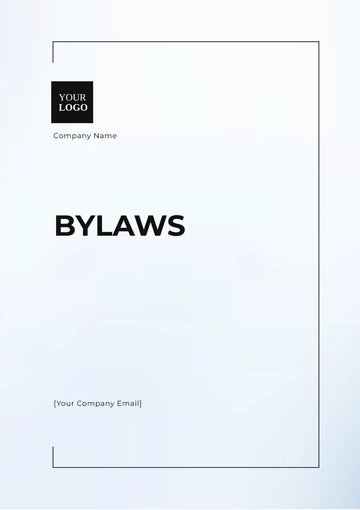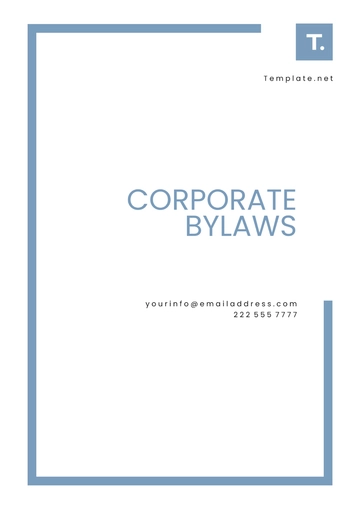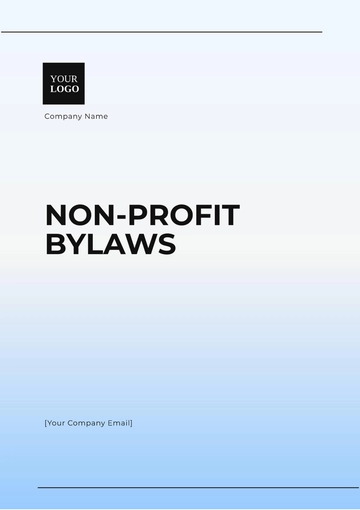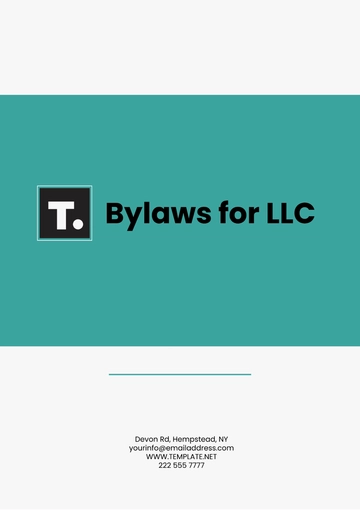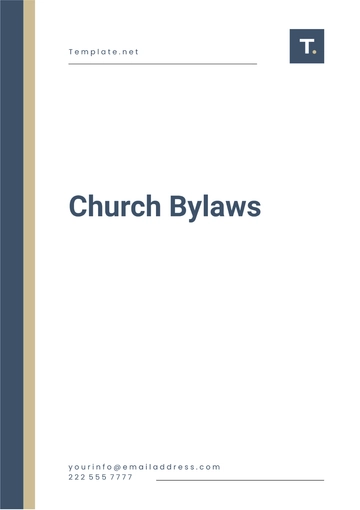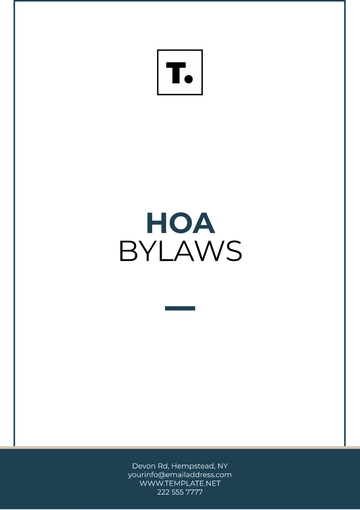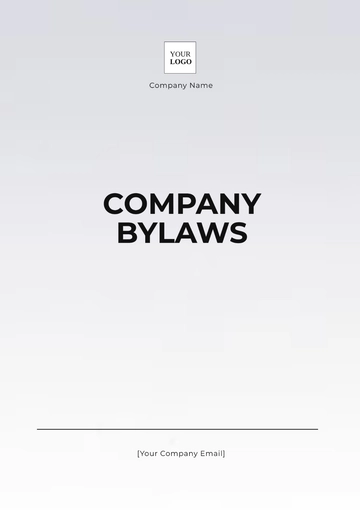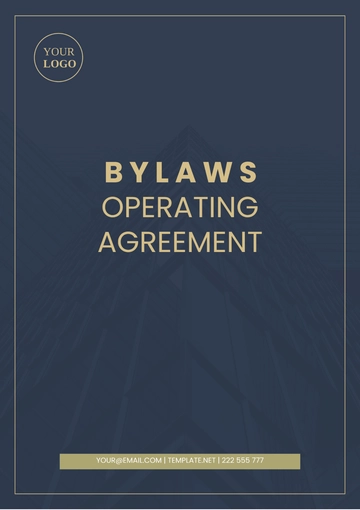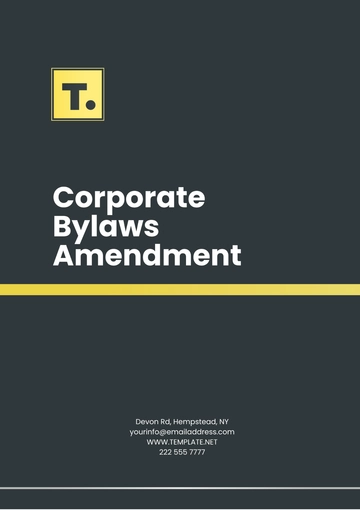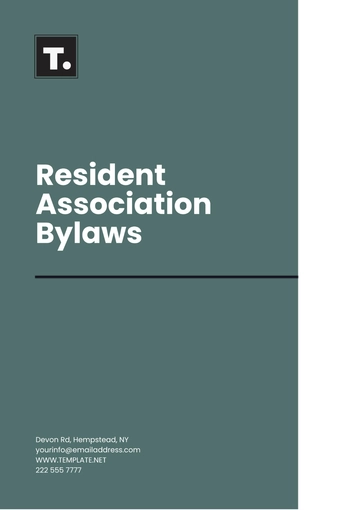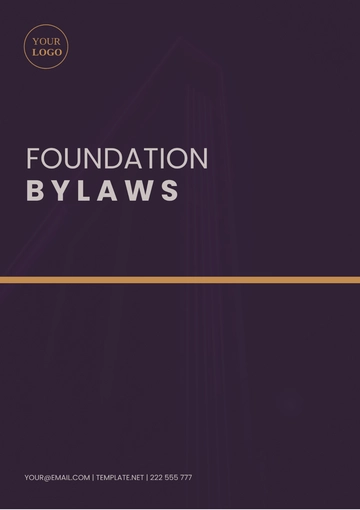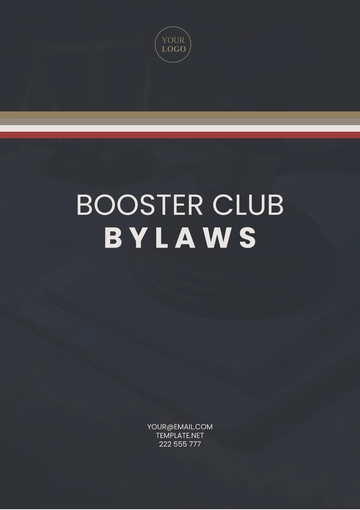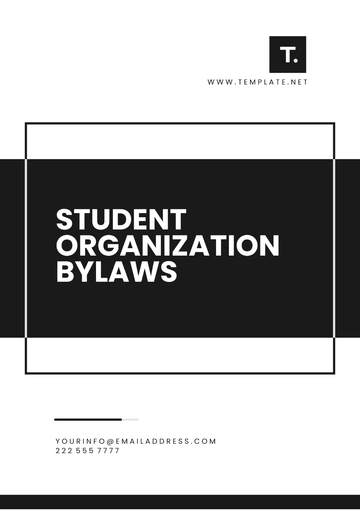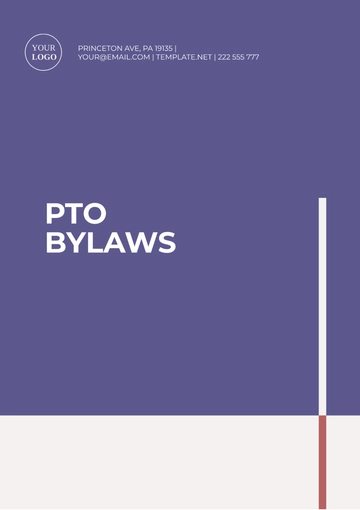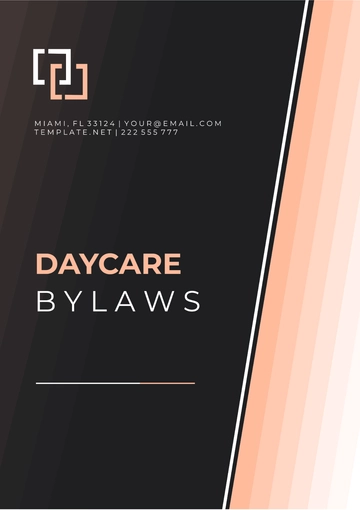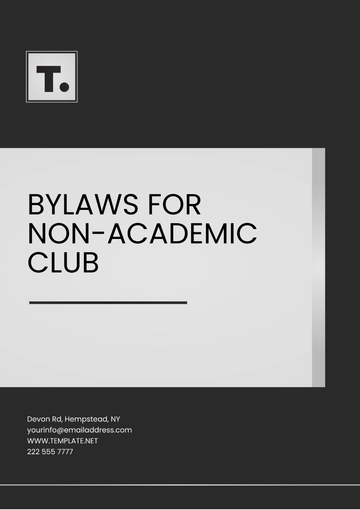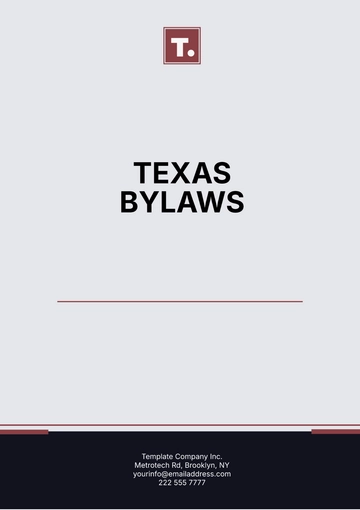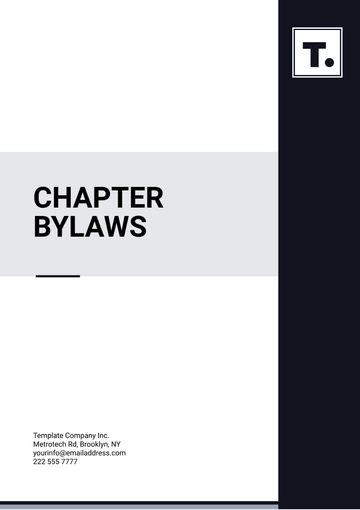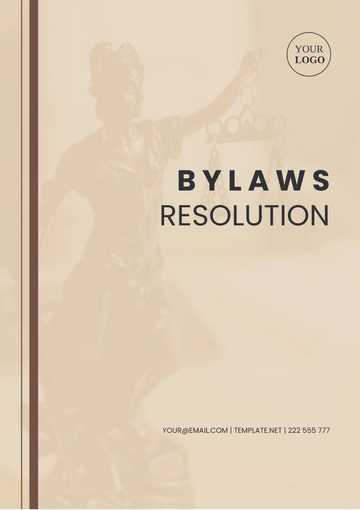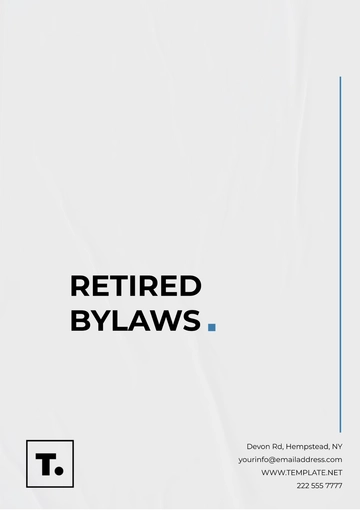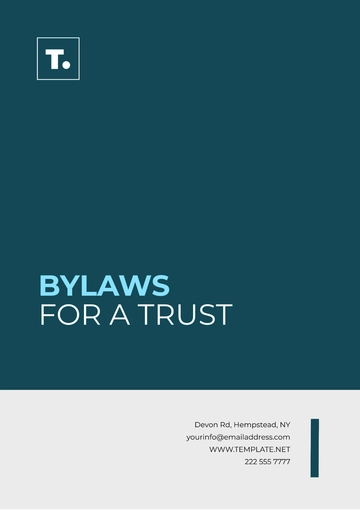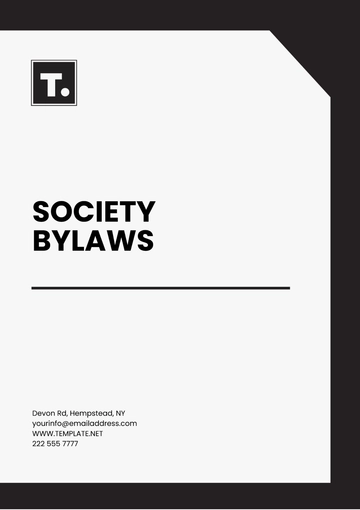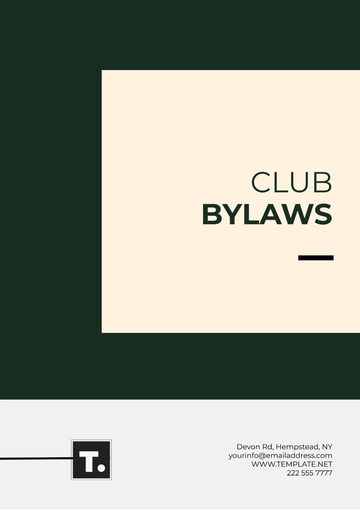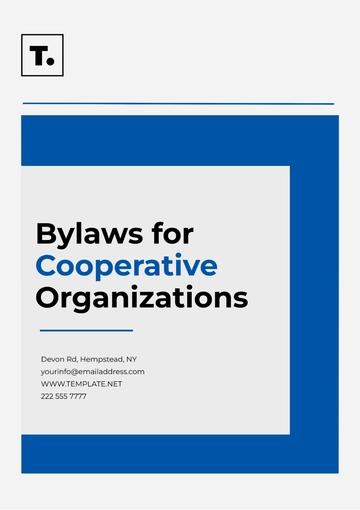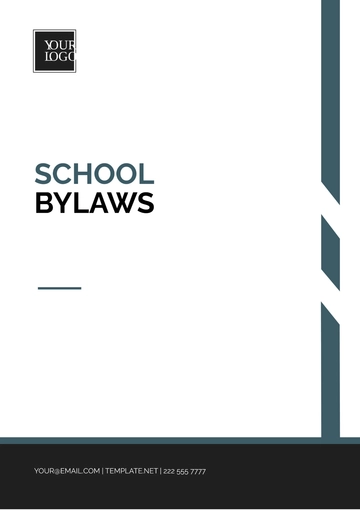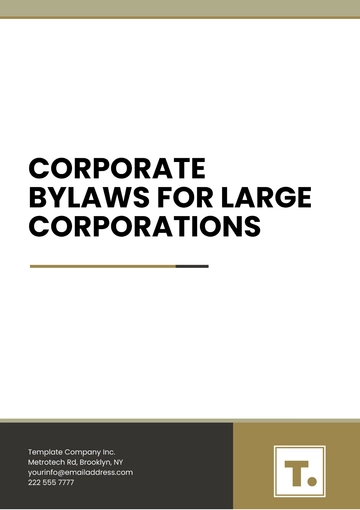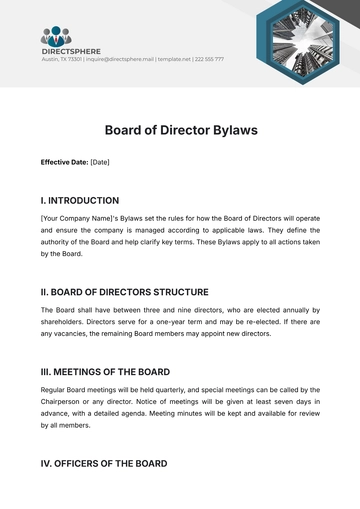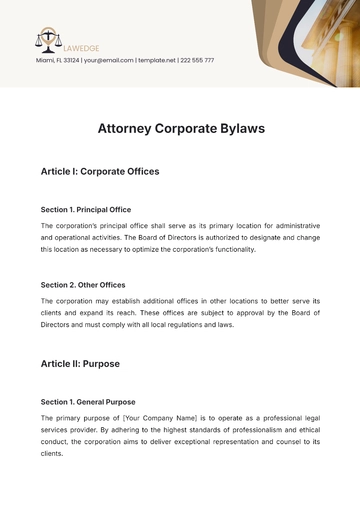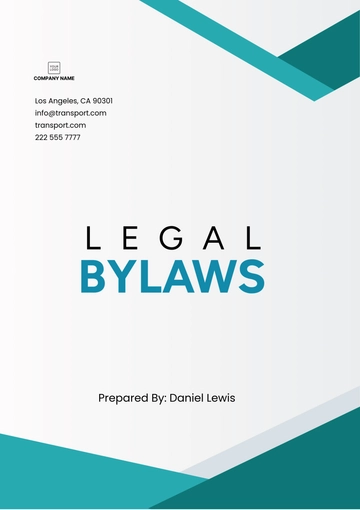Free Fort Erie Bylaws
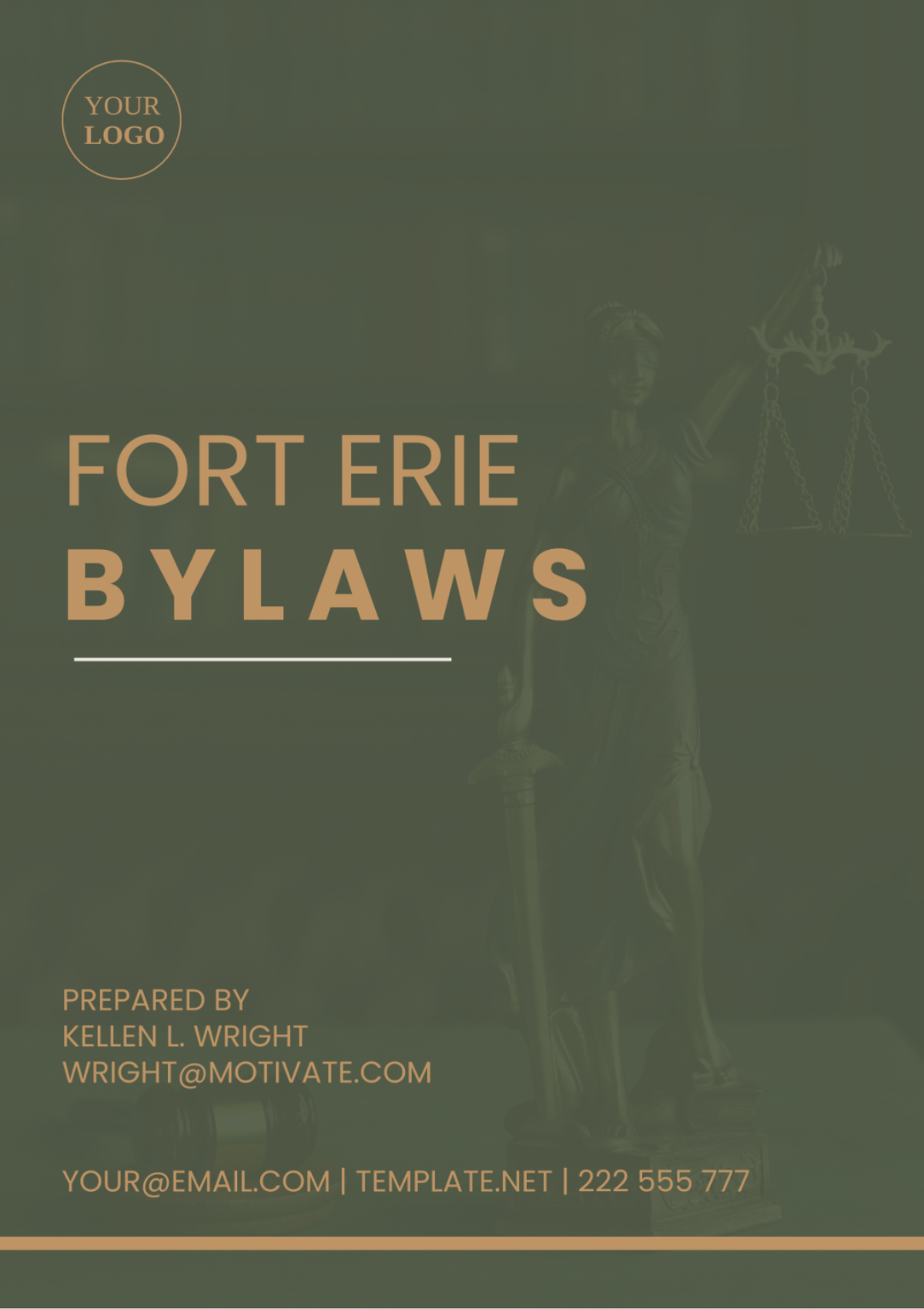
These bylaws are enacted by the Corporation of the Town of Fort Erie to regulate various aspects of municipal governance, ensuring the health, safety, and well-being of residents, and promoting the orderly development and operation of the community.
Article 1: Administration
1.1 Authority
The administration of these bylaws, as well as their enforcement, will be the responsibility of municipal officials who have been specifically designated for this task. In addition, regulatory bodies that have been appointed by the Town Council will also carry out these duties.
1.2 Interpretation
In interpreting and applying these bylaws, the Town Council has the authority to consider their intent and purpose, which may involve analyzing the original goals and objectives at the time of their creation. Furthermore, they are allowed to reference any related provincial and federal legislation that could influence or relate to these regulations.
Article 2: Zoning Regulations
2.1 Land Use
The regulations that govern the use of land within the boundaries of the municipality are inclusive of several aspects. These aspects include the zoning designations that are allocated to particular areas, the stipulated land uses that are allowed within these zones, and also the standards for development that need to be adhered to.
2.2 Building Codes
The requirements for the construction, renovation, and demolition of buildings involve the need to ensure compliance with all applicable building codes and standards. These codes and standards exist to make sure that all building activities are performed in a safe, efficient, and lawful manner. These requirements are mandatory and must be strictly followed to ensure the quality, safety, and durability of the buildings.
Article 3: Business and Licensing
3.1 Business Permits
Municipality regulations govern business operation specifics like licensing, zoning restrictions, and adherence to health and safety standards to ensure workers' and clients' safety.
3.2 Home Occupation
There are guidelines for home-based businesses that include restrictions on items like signage, parking, and regarding acceptable noise levels.
Signage Restrictions: Signage must comply with municipal regulations and be non-obtrusive and proportionate to property size. Additionally, illuminated signs may be subject to extra restrictions aimed at reducing light pollution.
Parking Regulations: Home-based businesses are required to adhere to municipal parking rules, ensuring there is sufficient off-street parking available for clients or customers. Furthermore, any commercial vehicles or equipment must be stored in accordance with zoning regulations, with the aim of avoiding disturbances to neighboring properties.
Noise Level Standards: It is essential for home-based businesses to operate within acceptable noise levels as outlined by municipal noise bylaws. Any noise generated from business activities must adhere to these standards, and activities producing excessive noise may necessitate additional permits or restrictions.
Operating Hours: Home-based businesses should operate within reasonable hours to minimize disruptions to the surrounding residential neighborhood. These hours should be consistent with typical business hours, with an emphasis on avoiding disturbances during late or early hours.
Traffic Management: Efforts should be made to minimize traffic congestion and inconvenience caused by the home-based business. Adequate arrangements for parking should be made to prevent hazards or blockages to neighboring properties.
Environmental Considerations: Home-based businesses are encouraged to minimize their environmental impact, particularly concerning waste disposal. Compliance with environmental regulations is mandatory to ensure responsible business practices.
Compliance with Zoning Regulations: Home-based businesses must adhere to all zoning regulations governing commercial activities. Additionally, any proposed property changes must receive approval in accordance with zoning and building codes to ensure compliance and maintain the integrity of the neighborhood.
Article 4: Property Maintenance
4.1 Lawn Maintenance
The necessary obligations for the maintenance of both residential and commercial properties are inclusive of certain regulations. These regulations encompass the mandatory cutting of grass, the appropriate landscaping of the property, and effective weed control measures.
4.2 Property Standards
The standards have been set for the routine maintenance and repair of various types of buildings and structures. They symbiotically address different types of issues ranging from dilapidation due to aging or poor construction, problems associated with graffiti and defacement, down to conditions that can be considered unsafe for human habitation or utilization.
Article 5: Noise and Nuisance
5.1 Noise Control
There are restrictions in place on noise levels. These include prohibitions on creating excessive noise during certain designated hours. Moreover, there are specific regulations in place for outdoor events and construction activities to ensure they do not contribute to noise pollution.
5.2 Nuisance Abatement
Measures are being taken to address conditions that can cause annoyance and discomfort such as littering, unpleasant smells, and properties that are unpleasant to look at and can unconsciously affect the aesthetic appeal of an area.
Article 6: Environmental Regulations
6.1 Waste Management
The regulations that are in place are specifically designed to govern the processes of collection, disposal, and recycling of solid waste and recyclable materials within the boundaries of the municipality.
6.2 Conservation
Several measures have been taken into action in order to protect and preserve various aspects of our environment. These include the protection of our natural resources and the habitats of our wildlife. Moreover, areas that are incredibly sensitive to environmental changes are also being carefully watched and preserved. Some notable examples of these protective measures involve the preservation of trees and measures that ensure the maintenance and protection of our precious wetlands.
Article 7: Animal Control
7.1 Animal Licensing
The requirements for registering and licensing a pet include certain regulations such as the need for leash control and the obligation to ensure that the pet is properly vaccinated.
7.2 Animal Welfare
The regulations which are established govern the treatment and care of animals, specifically addressing a range of issues. These issues include but are not limited to, cruelty towards animals, neglect of animals, and dealing with animals that are considered dangerous or pose a threat.
Article 8: Parking and Traffic
8.1 Parking Restrictions
There are specific regulations in place that govern various aspects related to parking within the boundaries of the municipality. These aspects include rules related to parking on public streets, requirements and limitations concerning parking permits, as well as procedures and guidelines associated with how parking enforcement is carried out in the municipality.
8.2 Traffic Control
There are measures that are currently being implemented to regulate the flow of traffic, improve the safety of pedestrians, and seriously address the pervasive issue of traffic congestion.
Article 9: Penalties and Enforcement
9.1 Offenses and Penalties
There are penalties for any violations of these bylaws which may include enforcement measures such as:
Signage Violations: Erecting signage that violates municipal regulations can result in a fine of up to $500. Additionally, non-compliance with illuminated sign restrictions may lead to a fine of up to $1000.
Parking Violations: Failure to comply with municipal parking regulations may incur a fine of $100 per violation. Moreover, inadequate provision of off-street parking can result in a fine of up to $500.
Noise Violations: Exceeding acceptable noise levels may lead to a fine of $200 for the first offense, with escalating fines for subsequent violations. Furthermore, operating excessively noisy activities without required permits can result in a fine of up to $1000.
Operating Hours Violations: Operating outside of permitted hours may warrant a warning for the first offense, followed by fines of $50 per violation.
Traffic Management Violations: Causing traffic congestion or hazards may result in a fine of up to $300 while blocking access to neighboring properties can lead to a fine of $200 per offense.
Environmental Violations: Improper waste disposal may incur a fine of up to $500. Non-compliance with environmental regulations may result in a fine of $1000 plus remediation costs.
Zoning Regulation Violations: Failure to comply with zoning regulations can result in a fine of up to $1000 per offense. Additionally, unauthorized property changes may lead to a fine of $500 plus restoration costs.
9.2 Enforcement Procedures
The procedures that are being referred to here involve a series of steps that need to be taken to carry out enforcement actions. These steps begin with conducting thorough investigations into potential infractions. After the investigation is complete, the next step is for notices of violation to be issued to the parties found to be in breach of regulations. In addition to these first two steps, the procedures also include the necessary processes for handling and dealing with appeals that may have been lodged against the violation notices or the results of the investigation.
Article 10: Amendments and Revisions
10.1 Amendment Process
The procedures for making amendments or revisions to these bylaws involve several steps. First, there needs to be a public consultation to gather input from the community. Following this, the proposed changes must be approved by the Town Council. Once approved, timelines will be set for the implementation of these changes to the bylaws.
10.2 Interpretation
Should there arise any conflicts or inconsistencies between the various provisions of these bylaws, the Town Council is granted the authority to address and resolve such impending issues. They can do this either by their interpretation of these provisions or by proposing amendments to the bylaws to eradicate such inconsistencies or conflicts.
- 100% Customizable, free editor
- Access 1 Million+ Templates, photo’s & graphics
- Download or share as a template
- Click and replace photos, graphics, text, backgrounds
- Resize, crop, AI write & more
- Access advanced editor
Simplify Fort Erie's bylaws with our comprehensive template, available on Template.net. This editable resource offers clarity and precision in understanding local regulations. Customize it effortlessly with our Ai Editor Tool to meet your specific needs. Streamline your compliance process and ensure adherence to Fort Erie's bylaws with this versatile template.
